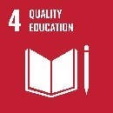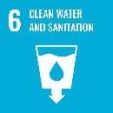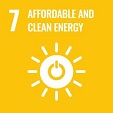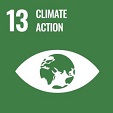PhD in Chemical Engineering
Current position: Lecturer at the Department of Chemical Engineering, Universiti Teknologi Petronas, Malaysia
Research focus: multiscale modelling, process simulation, molecular simulation, mathematical modelling, and membrane separation
Membrane separation has several advantages compared to other separation processes: low operating costs, low energy consumption, and low environmental pollutant emissions, as it is a purely physical separation at moderate operating conditions. To investigate the potential applications of membranes, Serene uses multiscale simulations for membrane materials used in gas separation and wastewater treatment. This involves integrating the designed materials from adapting atomistic structures to molecular simulation and evaluating performance in process design. The multiscale simulation framework is relevant to all material applications in industrial processes that are highly dependent on material behaviour and external operating parameters. Her research is essential in assisting industrial membrane design to achieve optimal process performance and economic feasibility, meet environmental specifications, and produce clean products that are safe for public use.
Serene works mainly on improving the performance of membranes for CO2 separation, which are used to purify natural gas and reduce greenhouse gas emissions to the environment. She is also working on the design of membranes for wastewater treatment. Such membranes are typically used in rural areas that have limited access to fresh water. Serene envisions to employ computational chemistry to achieve the superior gas separation performance and superhydrophilic characteristic for membranes by designing and researching new materials.
Serene realised the transfer of her research in collaboration with the World Wide Fund for Nature (WWF) on circular waste systems for Klang River in Malaysia. She also developed a commercial software to optimise industrial membrane systems.
Serene’s research work is related to several UN Sustainable Development Goals (SDGs): SDG 13 (Climate Action), SDG 7 (Affordable and Clean Energy), SDG 6 (Clean Water and Sanitation), and SDG 4 (Quality Education).
Serene convinced the jury with her inter- and transdisciplinary expertise and her pursuit of a multifunctional transfer of her work into operational application in industry, especially for the reduction of CO2 emissions. Her commitment to “Women’s empowerment and leadership activities in Southeast Asia” was also recognised by the jury.
The research of Serene mainly contributes to the Sustainable Development Goals 4, 6, 7, 13:
Take a look at this video that briefly introduces Serene and her research:










